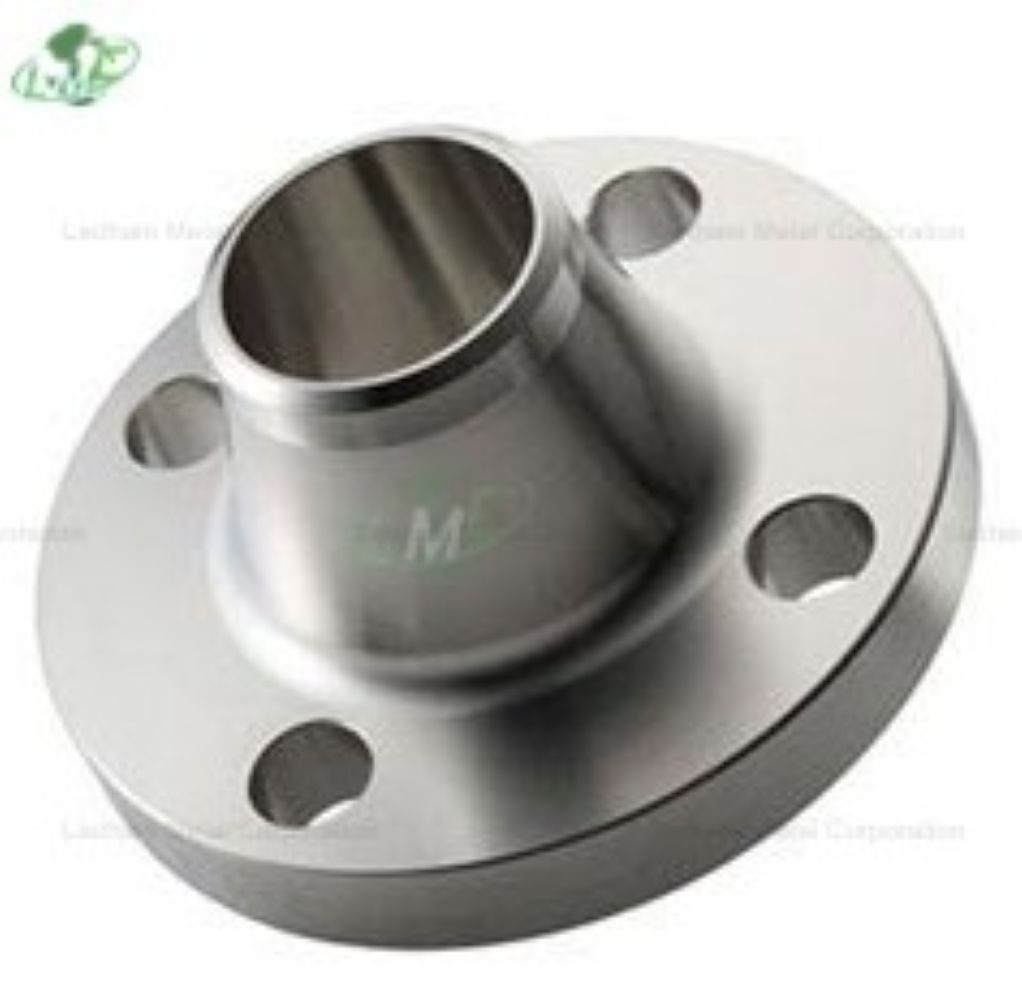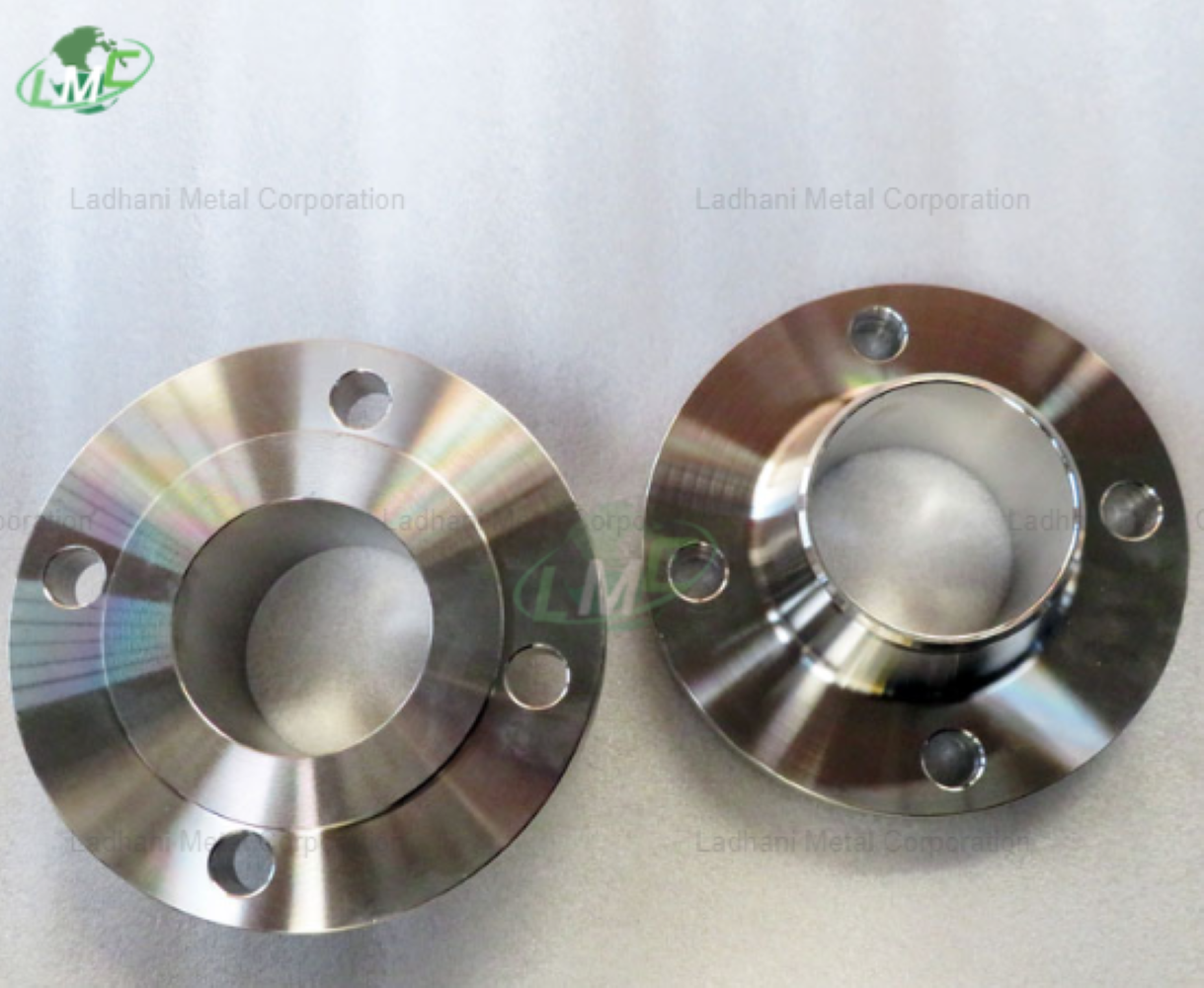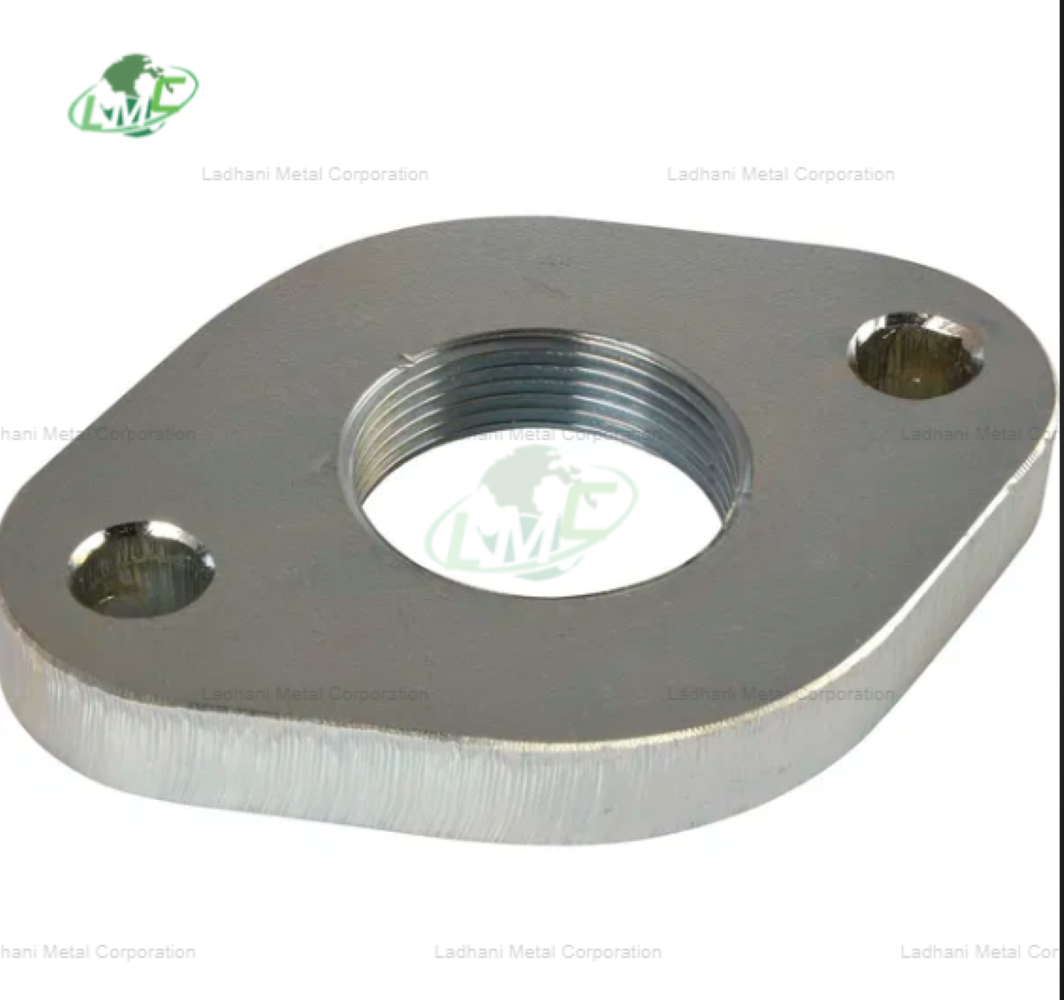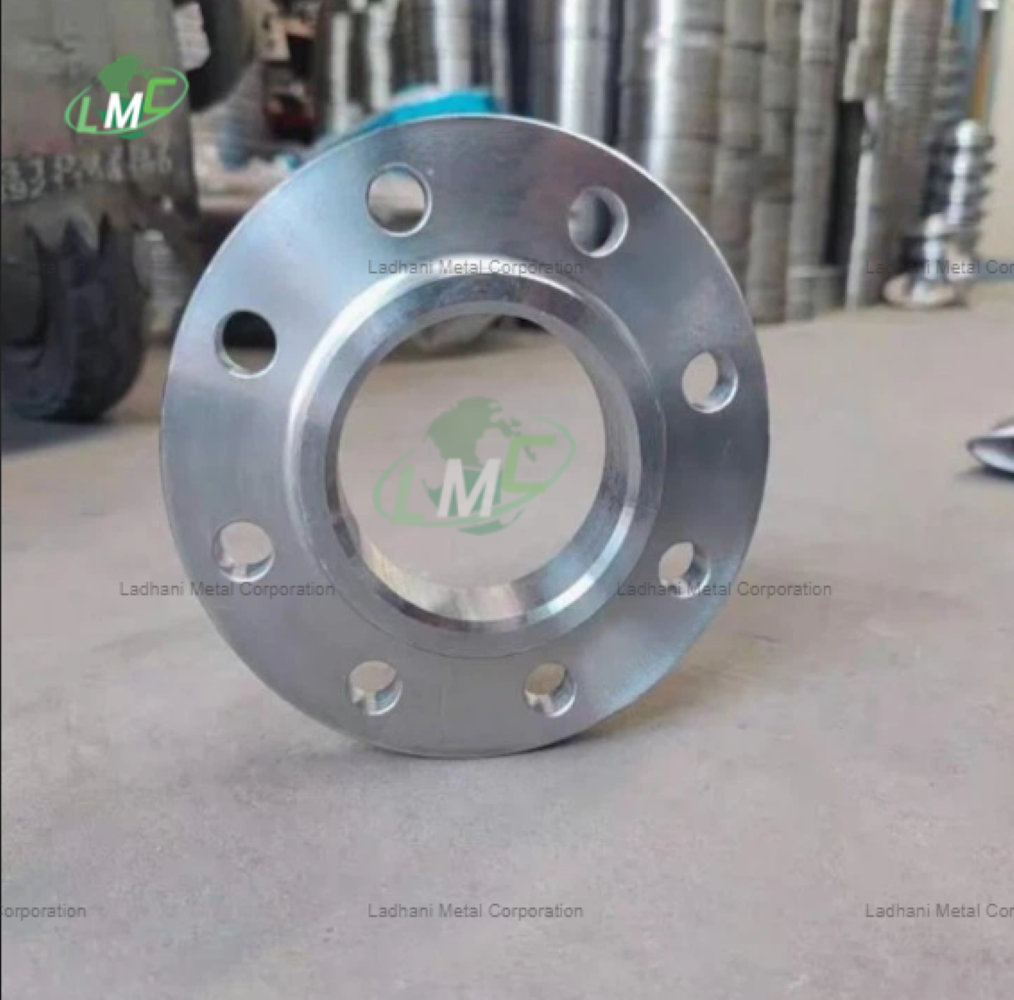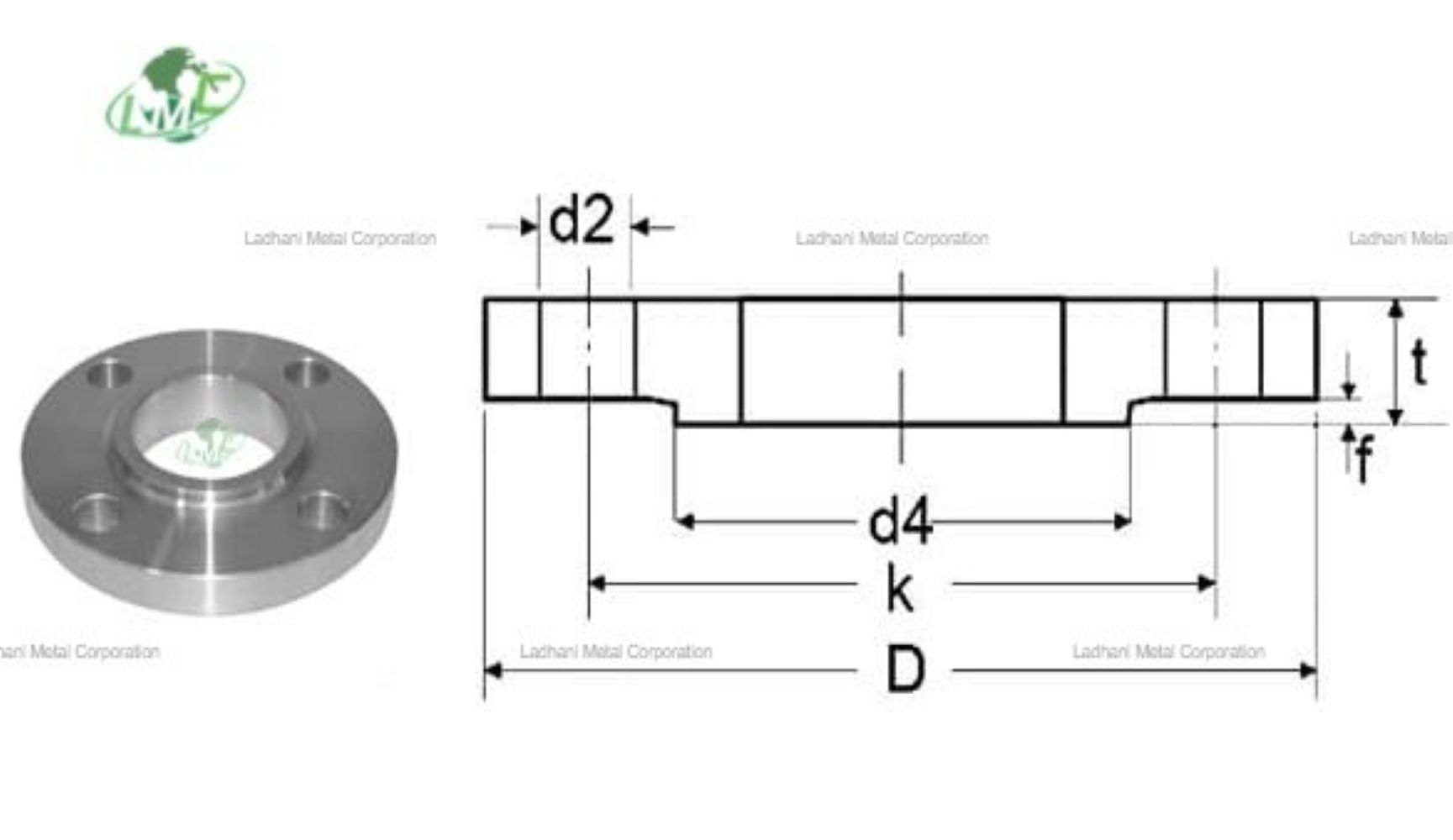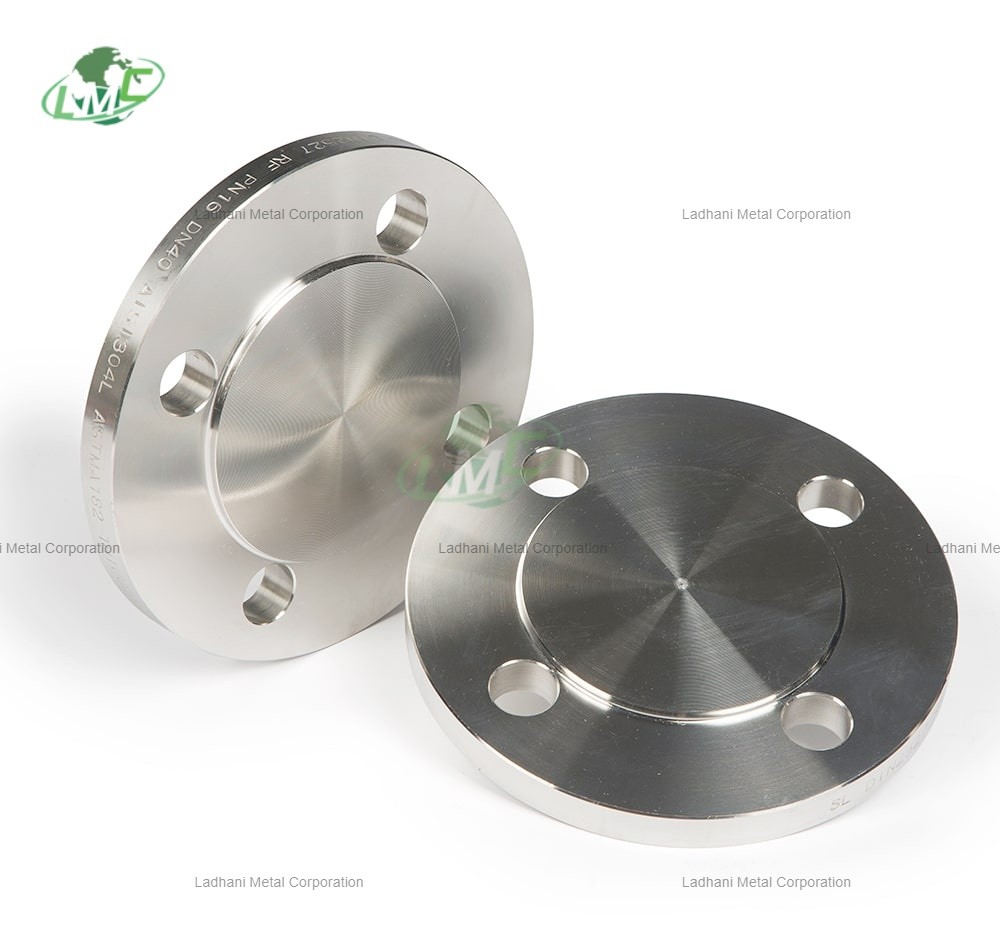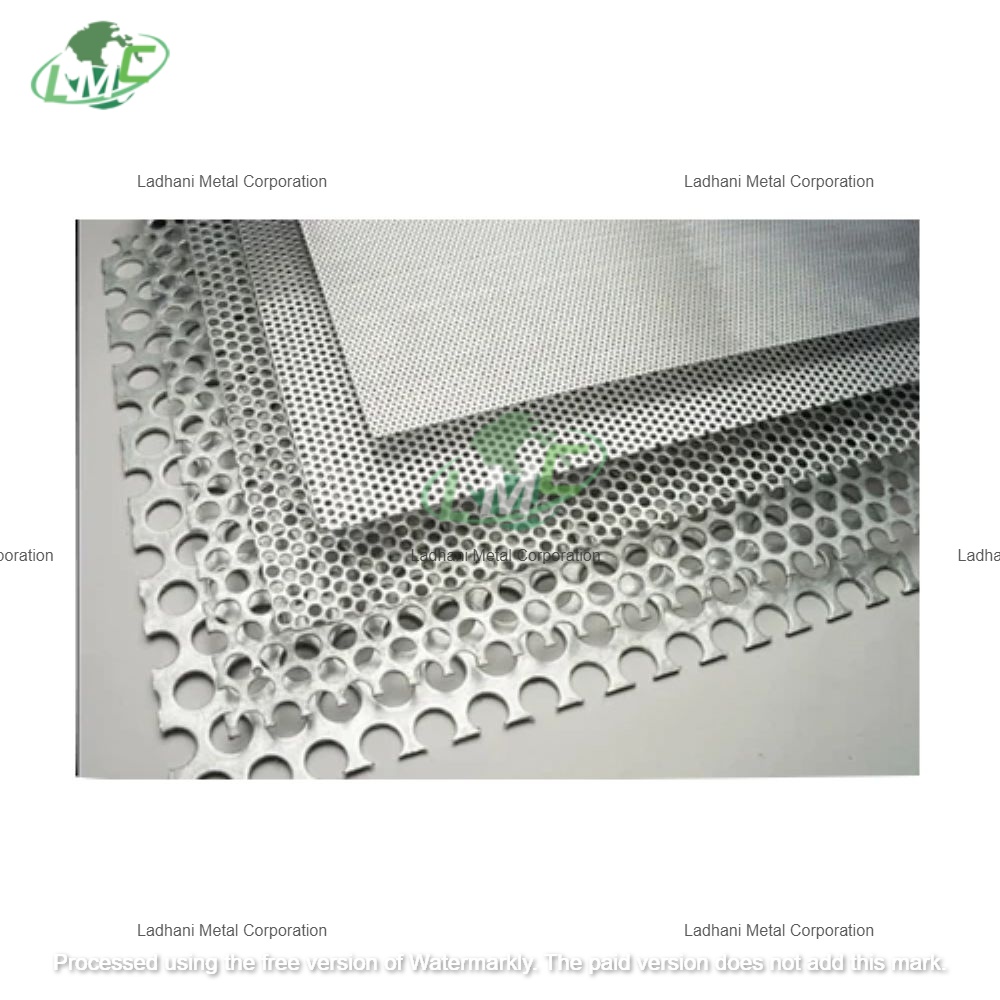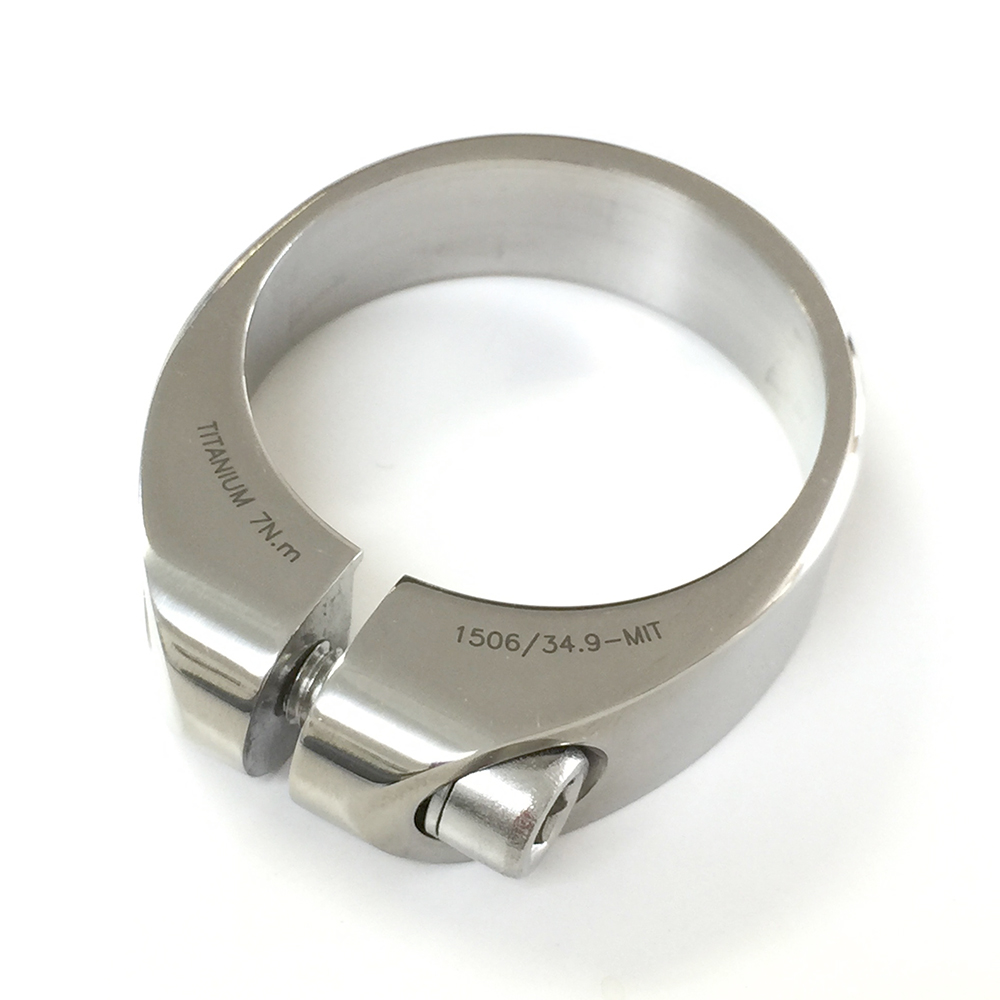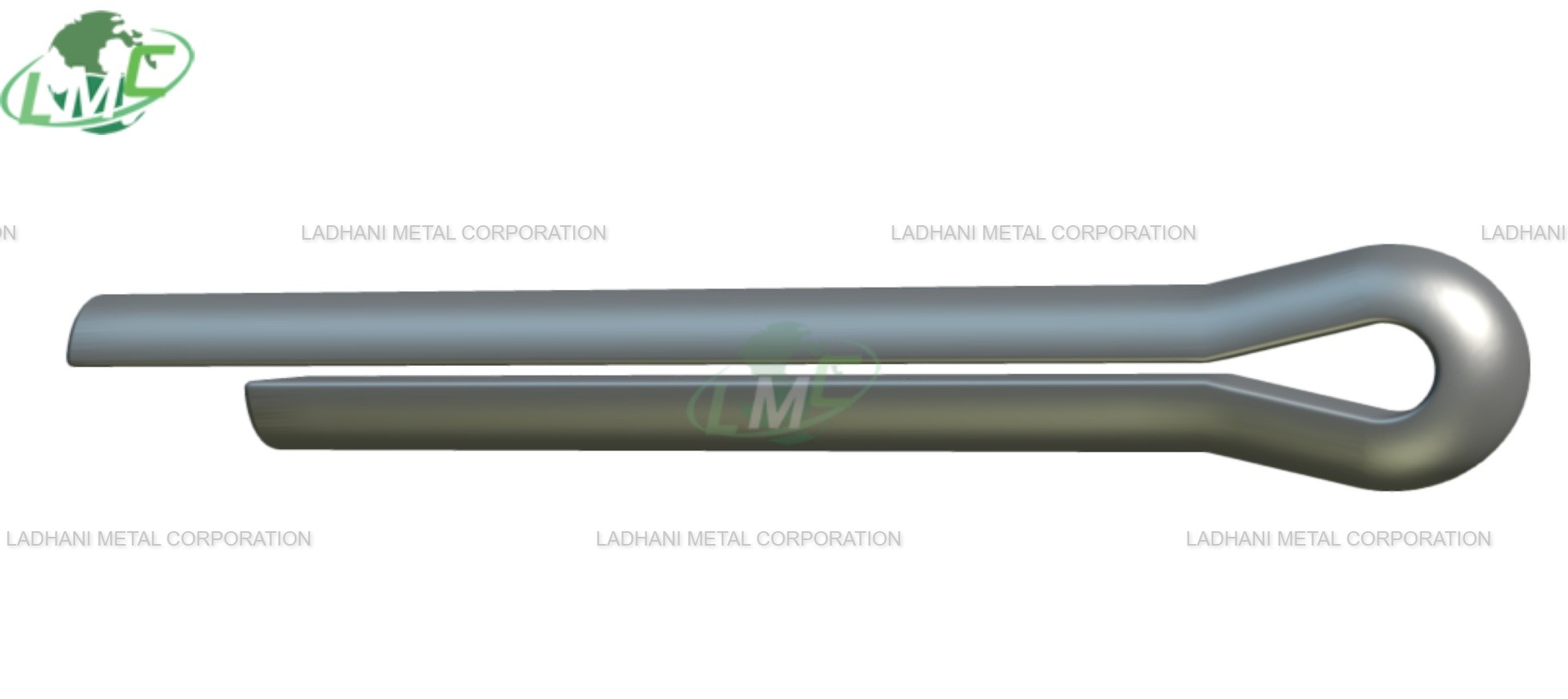DIN 2632 titanium flanges PN 10 are precision-fabricated weld neck flanges produced according to the DIN 2632 standard. These flanges are designed for medium-pressure applications up to 10 bar (145 psi), offering excellent corrosion resistance, strength, and durability in highly demanding industrial environments. Manufactured from high-grade titanium alloys, they provide outstanding performance in aggressive chemical, marine, and high-temperature settings where conventional materials may fail. Ladhani Metal Corporation is a trusted global manufacturer and supplier of titanium flanges, known for its consistent quality and engineering precision. Each flange is rigorously tested to ensure compliance with applicable industrial standards and environmental regulations. Pressure Rating: • PN 10 (10 bar / 145 psi): Suitable for medium-pressure pipeline systems requiring superior corrosion resistance and mechanical integrity. Flange Type: • Weld Neck Flanges Designed with a long tapered hub to ensure strong pipe alignment and reduce stress concentration at the flange base. This design supports smooth flow transitions and enhances joint strength. • Flat Face (FF) Flanges Flat face design promotes even gasket compression and is preferred for use with cast components or soft gasket materials. Titanium Grades and Composition: Grade 2 (Commercially Pure Titanium) • Titanium (Ti): ≥ 99.2% • Oxygen (O): ≤ 0.25% • Carbon (C): ≤ 0.08% • Nitrogen (N): ≤ 0.03% • Iron (Fe): ≤ 0.30% • Hydrogen (H): ≤ 0.015% Applications: Known for excellent corrosion resistance and good mechanical properties, Grade 2 titanium is commonly used in chemical processing, water treatment, and marine applications where corrosion resistance is critical. Grade 5 (Ti-6Al-4V Alloy) • Titanium (Ti): Balance • Aluminum (Al): 5.5 – 6.75% • Vanadium (V): 3.5 – 4.5% • Iron (Fe): ≤ 0.30% • Oxygen (O): ≤ 0.20% • Carbon (C): ≤ 0.08% • Nitrogen (N): ≤ 0.05% Applications: Grade 5 offers superior strength and excellent corrosion resistance, widely used in aerospace, marine, and high-performance chemical environments requiring higher mechanical properties. Applications of DIN 2632 Titanium Flanges PN 10: • Chemical and Petrochemical Industry Used in piping systems transporting aggressive acids, alkalis, and oxidizing substances. • Marine and Offshore Ideal for seawater piping, shipbuilding, and offshore platforms requiring corrosion-resistant materials. • Water Treatment and Desalination Applied in high-purity water systems and desalination plants operating at moderate pressures. • Aerospace and Power Generation Used in environments exposed to high temperatures and corrosive atmospheres. Key Features: • Compliant with DIN 2632 standards • PN 10 pressure rating for medium-pressure service • Weld neck design for robust pipe-flange connection • Available in Grade 2 and Grade 5 titanium alloys for tailored performance • Flat face option for even gasket contact • Lightweight with high strength-to-weight ratio • Suitable for harsh chemical and marine environments • Custom sizes, finishes, and titanium grades available upon request Conclusion: DIN 2632 Titanium Flanges PN 10 from Ladhani Metal Corporation offer a reliable and durable solution for medium-pressure applications demanding exceptional corrosion resistance and mechanical performance. Made from premium titanium alloys such as Grade 2 and Grade 5, these flanges are ideal for chemical, marine, desalination, aerospace, and power generation sectors. For custom dimensions, technical consultation, or pricing information, contact Ladhani Metal Corporation today.
Send Message
